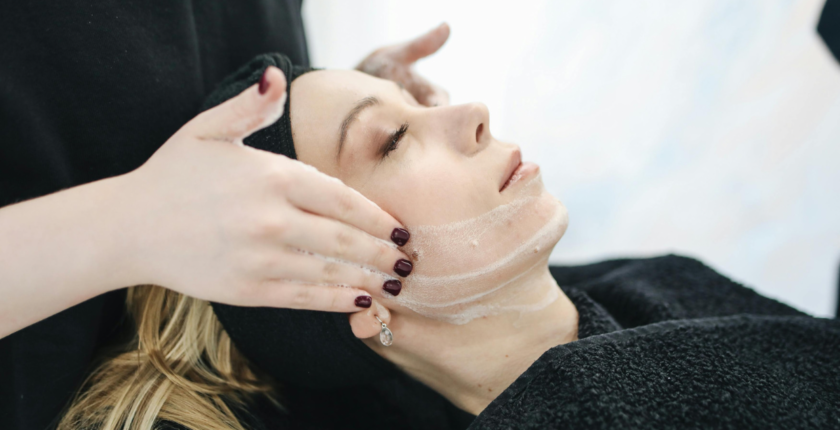What Experience Do You Need to Become a Facial Therapist?
Becoming a facial therapist is a journey that demands a blend of education, practical skills, dedication, and a passion for skincare. In this comprehensive guide, we’ll delve into the requisite experience, qualifications, and skills needed to embark on a fulfilling career as a facial therapist.
Understanding the Role of a Facial Therapist
1. Mastery in Skincare Treatments
Facial therapists specialize in skincare treatments, ranging from basic facials to advanced procedures targeting various skin concerns like aging, acne, hyperpigmentation, and more.
2. Client Consultation and Personalization
They conduct thorough consultations, analyze skin conditions, and customize treatments to meet individual client needs, providing expert advice on skincare regimens and products.
3. Product Knowledge and Recommendations
In-depth knowledge of skincare products, their ingredients, and their effects on different skin types is crucial for providing tailored recommendations.
Education and Qualifications
1. Esthetics or Cosmetology Training
Completion of accredited esthetics or cosmetology programs forms the foundation for aspiring facial therapists. These programs cover facial treatments, skincare techniques, anatomy, and hygiene practices.
2. Licensing and Certifications
Many regions require facial therapists to obtain state licensure or certifications. These credentials validate their expertise and compliance with industry standards.
3. Continued Education and Specializations
Pursuing advanced courses, workshops, or certifications in specialized areas like microdermabrasion, chemical peels, or holistic skincare enhances a therapist’s skill set and career prospects.
Practical Experience and Skill Development
1. Hands-On Training and Internships
Gaining practical experience through internships, externships, or working in skincare clinics/spas provides valuable exposure to real client interactions and treatment execution.
2. Skill Refinement and Adaptability
Continuous practice, refining techniques, staying updated with emerging skincare technologies, and adapting to client preferences are vital for success in the field.
Soft Skills and Personal Attributes
1. Communication and Client Relations
Exceptional communication skills, active listening, and the ability to build rapport with clients are crucial for understanding their needs and delivering personalized care.
2. Attention to Detail and Professionalism
Maintaining hygiene standards, attention to detail in treatments, and displaying professionalism contribute to client satisfaction and trust.
Career Pathways and Advancement
1. Job Opportunities and Growth
Facial therapists can work in spas, salons, skincare clinics, or even venture into freelance work. Advancement opportunities include managerial roles or establishing their own skincare practice.
2. Specialization and Continued Growth
Specializing in niche areas like medical aesthetics, paramedical skincare, or pursuing further certifications allows therapists to advance their careers and expertise.Conclusion
Becoming a successful facial therapist requires a blend of education, practical experience, continual learning, and a genuine passion for skincare. By acquiring the necessary qualifications, honing practical skills, and nurturing essential soft skills, aspiring facial therapists can embark on a fulfilling career dedicated to enhancing skin health and beauty.
Conclusion
Becoming a successful facial therapist requires a blend of education, practical experience, continual learning, and a genuine passion for skincare. By acquiring the necessary qualifications, honing practical skills, and nurturing essential soft skills, aspiring facial therapists can embark on a fulfilling career dedicated to enhancing skin health and beauty.


